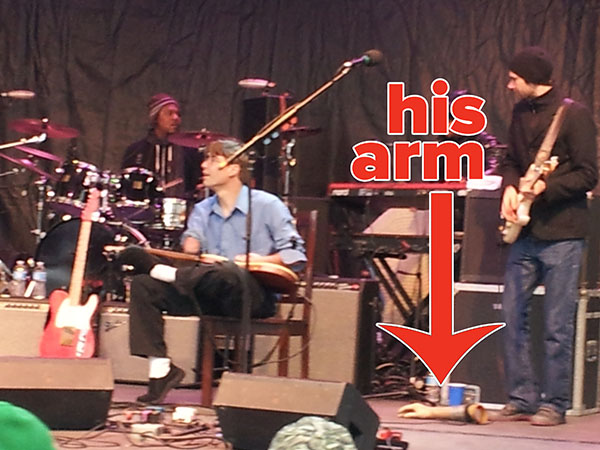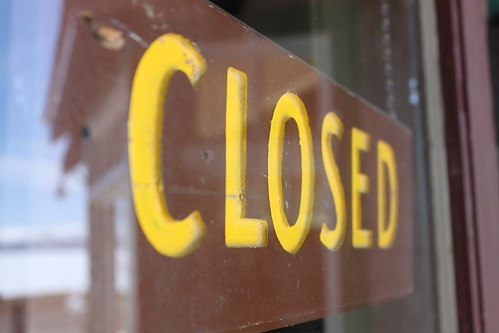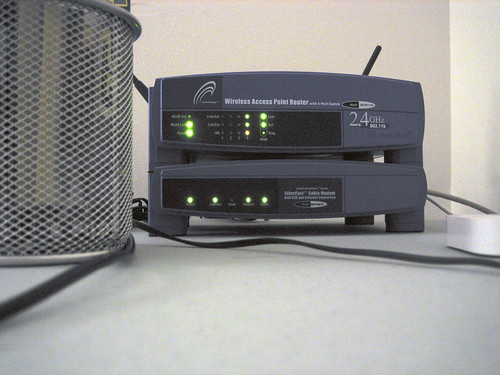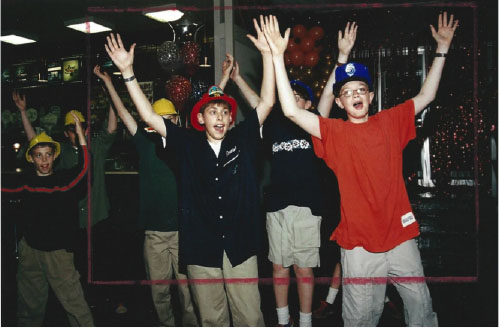I was listening to this interview with Chris Rock earlier this week. I recommend the whole thing, but one part stuck out to me:
It comes about 3 minutes into this interview with Alec Baldwin. Now here are two men who’ve done everything you can do in the world of acting. Rock’s one of the most successful stand-up comedians ever. He’s been an “SNL” cast member. He’s been in more movies and TV shows than you can count.
And Alec Baldwin’s resume is just as impressive — movies, TV, theater, radio. The works.
Anyway, Baldwin interviewed Rock in 2011, when Rock was doing a Broadway play. It was the first play Rock had ever done.
Baldwin asked what Rock was struggling with, and here’s what came next:
Rock: “Rehearsal’s the hardest thing I’ve gone through in my life.”
Baldwin: “I always tell people, it’s like having the Empire State Building shoved up your ass one brick at a time to learn the play.”
Rock: “Yeah. And you can’t believe there’s ever going to be a day when you’ll know these lines.”
A fairly graphic Alec Baldwin line aside, I love that. I love the idea that these two veteran actors still struggle with the day-to-day work of putting on a play. I love that it’s still a challenge for them — even though they’re hugely successful (and experienced) actors.
It comes back to a question I’ve asked before: How long are you willing to suck? You have to be willing to struggle — it’s the only way to keep going.
The work just keeps coming. Even if you’re Chris Rock. Even if you’re Alec Baldwin.
Even for them.
So put in the work, and just keep going.
That photo of Chris Rock comes via Flickr’s David Shankbone.




